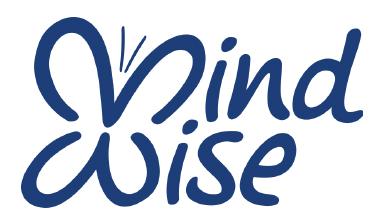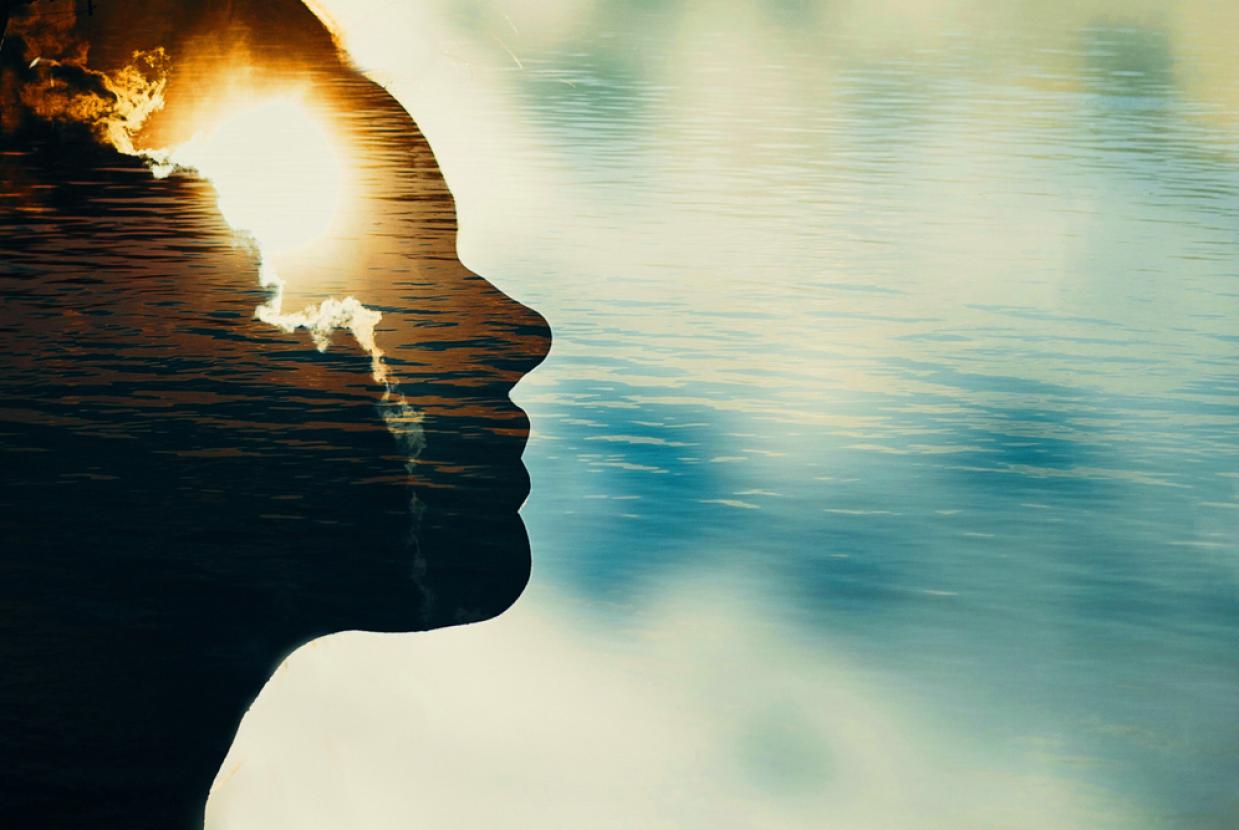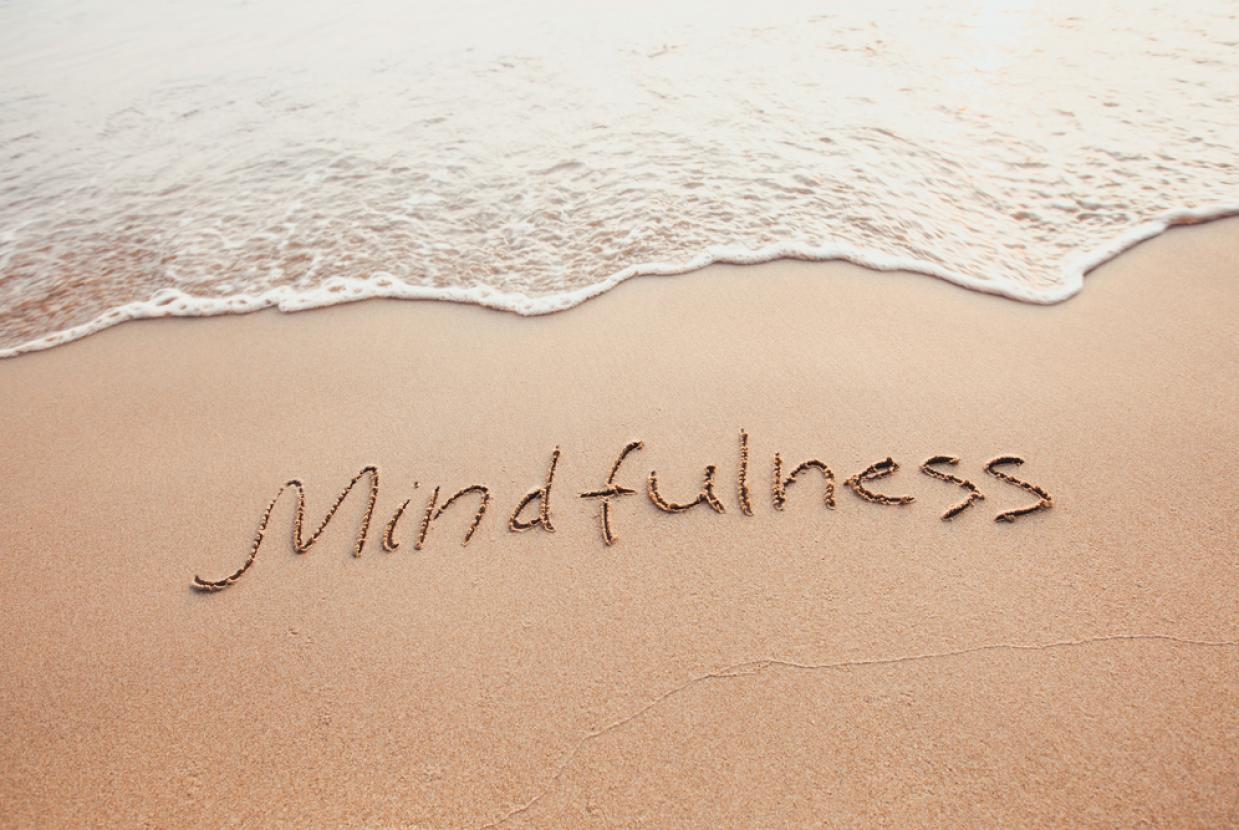Treatment & Therapy
Talking therapies are treatments that involve talking to a professional about your thoughts, behaviours, experiences and feelings. You might also talk about the way you cope with your symptoms. There are lots of different types of talking therapy.
- Cognitive behaviour therapy (CBT) helps you understand how the way you feel, think and behave are linked. It focuses on the present rather than looking at things that happened in the past. It’s one of the most widely available therapies and is recommended for a lot of common mental illnesses. CBT can also be done at home using online programmes.
- Trauma focused cognitive behaviour therapy (TF-CBT) is a form of CBT that is designed to help with trauma and post-traumatic stress disorder (PTSD).
- Cognitive analytical therapy (CAT) helps you think about your coping strategies so future problems are easier to deal with.
- Dialectical behaviour therapy (DBT) helps you learn healthier ways to deal with strong emotions. It’s recommended for people with borderline personality disorder (also known as emotionally unstable personality disorder).
- Psychotherapy focuses on your unconscious thoughts and how these might affect your actions.
- Family intervention/family therapy involves your family in therapy too. It can be used to help treat schizophrenia and some eating disorders.
- Counselling is a type of therapy that gives you the space and time to talk things through without fear of being judged or criticised. It can help you cope when you are going through a difficult time or a life changing event.
- Ecotherapy is a general name for types of therapy that include working in nature or being outdoors. Lots of Mindwise day centres offer ecotherapy.
- Art and other creative therapies help you express yourself and understand your emotions in different ways. They often use art or drama to help you make sense of feelings and experiences.
- Mental health and wellbeing coaching, which you can access via WorkWise
A complementary therapy is one that you might do as well as treatment you are getting from our doctor. Some examples of complementary therapy are:
- yoga
- massage
- meditation
- acupuncture and
- mindfulness
Complementary therapies usually focus on your physical and mental wellbeing as a whole. You might find they help you relax, feel calmer or sleep better.
What type of therapy is right for me?The National Institute for Health and Care Excellent (NICE) gives recommendations about the best therapies for different mental illnesses. But different types of therapy work for different people.
A doctor or mental health professional will usually refer you to the type of therapy they think is right for you. They should discuss this with you and take your opinions into account too.
Talk to your doctor and therapist if therapy doesn’t feel helpful. Getting the right therapy (and therapist) can make a big difference to your experience of treatment.
How can I get therapy?- Health and Social Care (HSC). A doctor or another mental health professional can refer you for therapy. You would usually have to go for an assessment first. There might be a bit of a wait before our therapy starts. Some GP surgeries also offer counselling.
- Charities or support organisations can sometimes provide free therapy. They may also have programmes of complementary therapy that we can join. MindWise offer talking therapy. You can self-refer – this means you do not need to go through your GP to get it.
- Through community and voluntary organisations, such as LifeLine.
- Privately. If you can afford it, you might want to look for a private therapist. Going private means you can access therapy more quickly. It is an expensive option but some trainee therapists may offer cheaper sessions.
- Through school, college or university. If you are in education, you may be able to get some kinds of counselling or therapy through your school, college or university.















































































